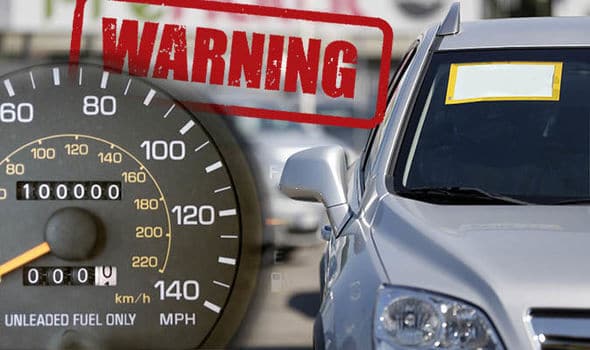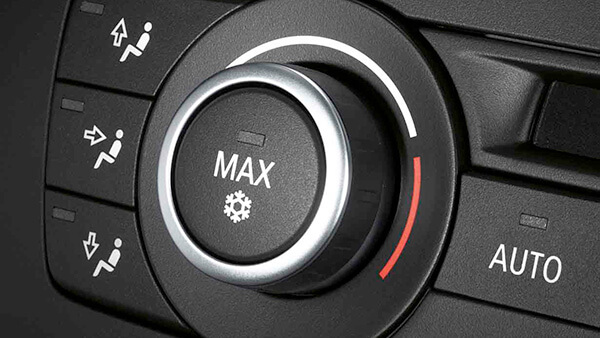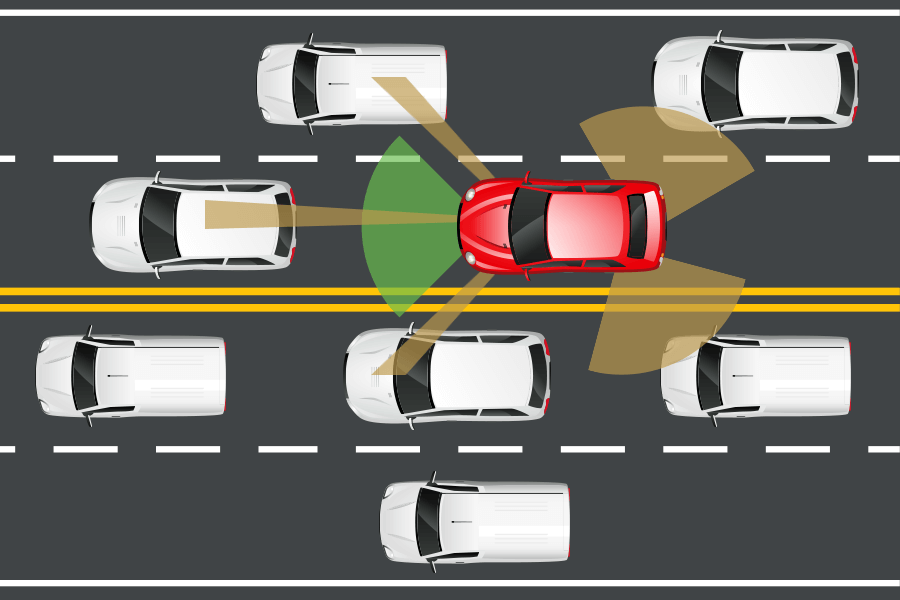Vehicles can convey status, personality, or even individuality with the decorations we place on them. When we see a person driving a mini-van covered in bumper stickers that read, “Baby on board,” it’s relatively easy to note that vehicle more than likely belongs to a parent, and one who is proud of her children. Or, when we see a nicely-dressed person driving a 10,000,000 car, we peg that individual as wealthy.
Whether it is old or new, buying a care is an exciting endeavor. It’s a time when you can change the image that came along with your old vehicle, and it’s also a time when you can shop for the state of the art technology that may not have been on the market when you purchased your last vehicle. For those who drive big cars, buying a new car is especially exciting. It comes with well-functioning systems, and comfort that may not have been present in you old car. Some people look forward to simply having a car that won’t break down periodically.
In the midst of all of the excitement, people make mistakes when buying a car. Here are some of the common mistakes people make when buying a car
Failing to evaluate your personal budget and finances
Before you even walk into the dealership, you should examine your budget with a fine-toothed comb. Find out exactly how much you can afford to spend on a vehicle payment and extras. The worst thing you can do is base your vehicle’s price and payment amount on the advice of the dealership, and what they will approve you for.

If you intend on trading in a vehicle, know your car’s appraisal value prior to visiting the dealership and also, know the exact amounts that you owe on your previous vehicle loan (if any). There are a variety of websites that will provide you with an estimated value of your car. Getting a fair deal, you might be better off selling the car on your own to dealerships like that accept trade-ins like A plus Motor
Inadequate research
There are several websites that provide reviews that are essential for you before buying a car. While 83% of the people conduct searches on the cars they want to buy, there are is a portion of people making up the 17% who do not conduct relevant research prior to buying a car. Without relevant information of the car you are pursuing, there is a high chance that you will make unguided or misinformed decisions that could be costly in the long run. Online reviews are meant for you to source data so make good use of them before rushing to buy a car.
Being overeager — impulse buying
It is easily to fall in love with a SUV that has all the cool features like upgraded music systems and leather interior but what you see is just a tip of the iceberg. What really matters in the long run is the operation and reliability of the car. If you are not getting value out of it, then it is not worth a purchase. Do not be carried away by the cool features that can lure you into buying the car. it’s essential that you make a decision with a level head. If you feel overly eager to get out your checkbook and drive away in the floor model, it’s probably best to leave the dealership and come back another day. Ideally, you should shop around at several dealerships before you make a purchasing decision anyway.
Failing to consider the options
The people who walk into the dealership, pick a car, sign the papers, and let the dealership staff lead the transaction often end up spending more than they wanted to. Enter each dealership prepared. If possible, obtain pre-approval from a bank or credit union so that the dealership has to compete with those rates if they want to finance you for a vehicle. If they can’t compete, obtain the loan from your credit union or bank. Having that option provides you with the upper hand.
Also, contact your insurance company, as well as some other insurance companies, prior to shopping. Try and find out the estimated cost to insure your car so you can factor insurance costs into your decision-making process. It’s also prudent to find out if your insurance company provides gap insurance coverage and if so, how much it costs. This way, when the finance office offers you gap coverage, you can make an informed decision.
Finally, give yourself some wiggle room. Save enough of a down payment to be able to decide how much you want to put down, instead of being in a situation where you barely have enough to cover a down payment.






